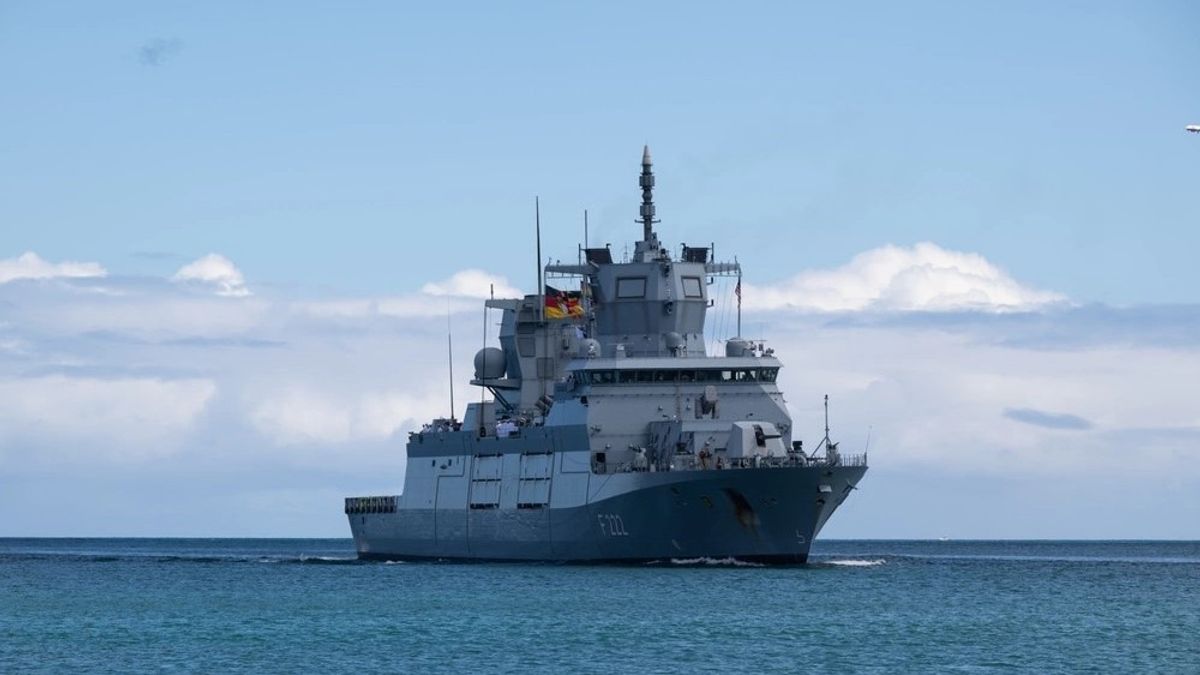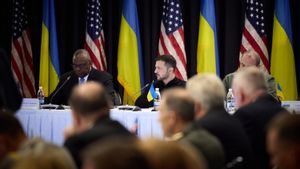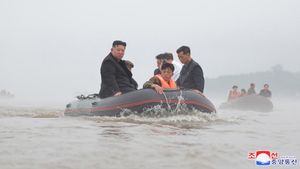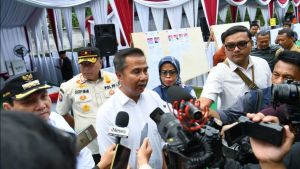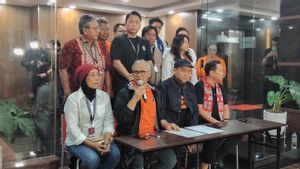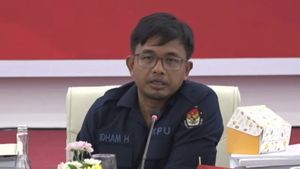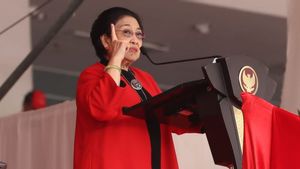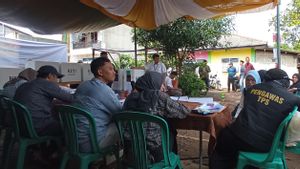JAKARTA - The cruise by two German warships in the Indo-Pacific region demonstrated a commitment to open navigation, the naval task force said on Friday, but declined to confirm whether they would cross the disputed Taiwan Strait or not.
"Safe and secure sea lanes, especially from Southeast Asia as well as to Europe and America, are prerequisites for a prosperous economy in all of our countries," said the German Navy's 2nd Fleet Commander based at Wilhelmshaven Rear Admiral Axel Schulz, in a speech at a reception held at the Fregate FGS Baden-W\"urttemberg (F22) flight deck during a port visit in Incheon, South Korea.
When asked then whether the task force would cross the Taiwan Strait on its way to the next stop in Manila, Rear Admiral Shulz told reporters, sending ship plans via telegram would violate operational security.
While the US and other countries have sent warships through the narrow strait in recent weeks, it will be Germany's first naval track since 2002, if done.
"The general purpose of this deployment is to reaffirm that Germany is committed to a rules-based international order, but at the same time to practice and exchange ideas with partners and allies in the spirit of mutual trust and to prevent possible conflict," said Laksda Schulz in his speech.
It is known, China claims sovereignty over democratically-ruled Taiwan, saying it has jurisdictions over waterways nearly 180 km (110 miles) wide which divides both sides and is part of the South China Sea.
On the other hand, Taiwan rejects China's claim to sovereignty and says only the island's population can decide their future.
The accompanying frigate and supply ship (Frankfurt am Main A1412), participated in several military exercises and took part in monitoring sanctions operations against North Korea.
Last month Germany joined the United Nations (UNC) Command led by the United States in South Korea, helping oversee the heavily fortified border with North Korea and has committed to defending South Korea in the event of war.
SEE ALSO:
North Korea and Russia signed a joint defense pledge this year. The United States and its allies accuse Pyongyang of providing weapons used by Russia to attack targets in Ukraine.
"What happened in Russia, Ukraine directly influenced South Korea," said German Ambassador to South Korea Georg Schmidt.
"What happened in North Korea directly affected Germany," he added.
The English, Chinese, Japanese, Arabic, and French versions are automatically generated by the AI. So there may still be inaccuracies in translating, please always see Indonesian as our main language. (system supported by DigitalSiber.id)
